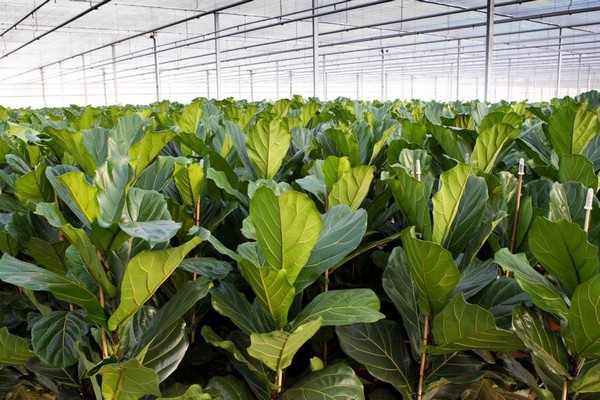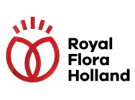The main development in the past two weeks was that more is known about support for energy-intensive SMEs, which includes greenhouse horticulture companies.
Energy Cost Contribution (TEK)
It was already known that the government is working on a support package for energy-intensive SMEs. The scheme is called Tegemoetkoming Energiekosten (TEK). It is targeted support for SMEs, which cannot escape high consumption. The Ministry of Economic Affairs and Climate (EZK) is preparing the scheme. Speaking on BNR on 7 October, Economic Affairs and Climate Minister Adriaansens said that the Ministry of Economic Affairs and Climate does not have unlimited possibilities to compensate businesses for high energy prices. 'We all have to look at good spending. Finance plays a role in that. We will then make sure there is a good scheme,' Adriaansens said. The TEK will be a generic scheme. There will be no scheme specific to sectors, such as Glasshouse Horticulture.

The scheme is expected to take effect from 1 April 2023 but with retroactive effect to 1 November this year. The TEK is based on an entrepreneur's energy consumption and turnover. The compensation then consists of a portion of the cost increase this year and in 2023. Energy-intensive SMEs will receive aid to compensate for part of the additional energy costs, with a maximum amount per company yet to be determined. Such a scheme must comply with European state aid rules and be approved by the European Commission. As a result, the actual opening through the 'Rijksdienst voor Ondernemend Nederland' (RVO) may take until early 2023. That is not enough for energy-intensive SMEs that are already in acute trouble and still have the winter of 2022/2023 to go. Therefore, the government's commitment is to have other measures ready as early as November to (temporarily) reduce operating costs for entrepreneurs.
Energy transition
The lobby is also still pushing for adjustments to the SDE++ scheme and credit guarantee scheme. This is being discussed with the Ministries of Economic Affairs and Finance.
Survey Glastuinbouw Nederland (Greenhouse Horticulture Netherlands)
The results of a survey by Glastuinbouw Nederland, announced on 8 October, show that almost a third of greenhouse horticulture entrepreneurs are in liquidity problems or are at risk of being in liquidity problems in the near future due to continuing high gas and electricity prices. It also shows that 8% of respondents expect to have to file for bankruptcy this year. Growers of pot orchids are currently being hit the hardest. Meanwhile, 25% of their cultivated area in the Netherlands is forced out of production. Already, 23% of respondents expect jobs on their farms to disappear. As a result, many permanent and temporary employees risk losing their jobs.
Like last year, almost 75% of respondents are adjusting their cultivation strategy because of liquidity problems. As a result, fewer Dutch vegetables, fruit, flowers, and plants are expected to be available on the market in the coming period, and, in addition, the diverse product range will become more limited. In addition, trading positions built up over many years will be jeopardized. This has major consequences for the Netherlands' position as a major supplier in European markets of horticultural products and greenhouse technologies and for the development of necessarily sustainable innovations. The survey was conducted among members of Glastuinbouw Nederland and Plantum.
Horticultural consultation energy crisis
Participants in the Horticultural Consultation Energy Crisis include Royal FloraHolland, Glastuinbouw Nederland, Plantum, GroentenFruit Huis, KAVB, Rabobank, the Ministry of LNV, Anthos, AVAG, LTO, VGB, VBW, Tuinbranche NL, VNO-NCW, and Greenports Nederland. The entire chain - from greenhouse construction, breeding, logistics, cold stores, growers' associations, auctions, and trading parties - is in dire straits due to the energy crisis. From the consultations, VNO-NCW will be fed with facts and figures to properly substantiate the seriousness of the situation in the sector. Where necessary, Royal FloraHolland also provides the lobbyists with relevant information based on supply forecasts, among other things.
For more information: Royal FloraHolland
Royal FloraHolland
www.royalfloraholland.com
